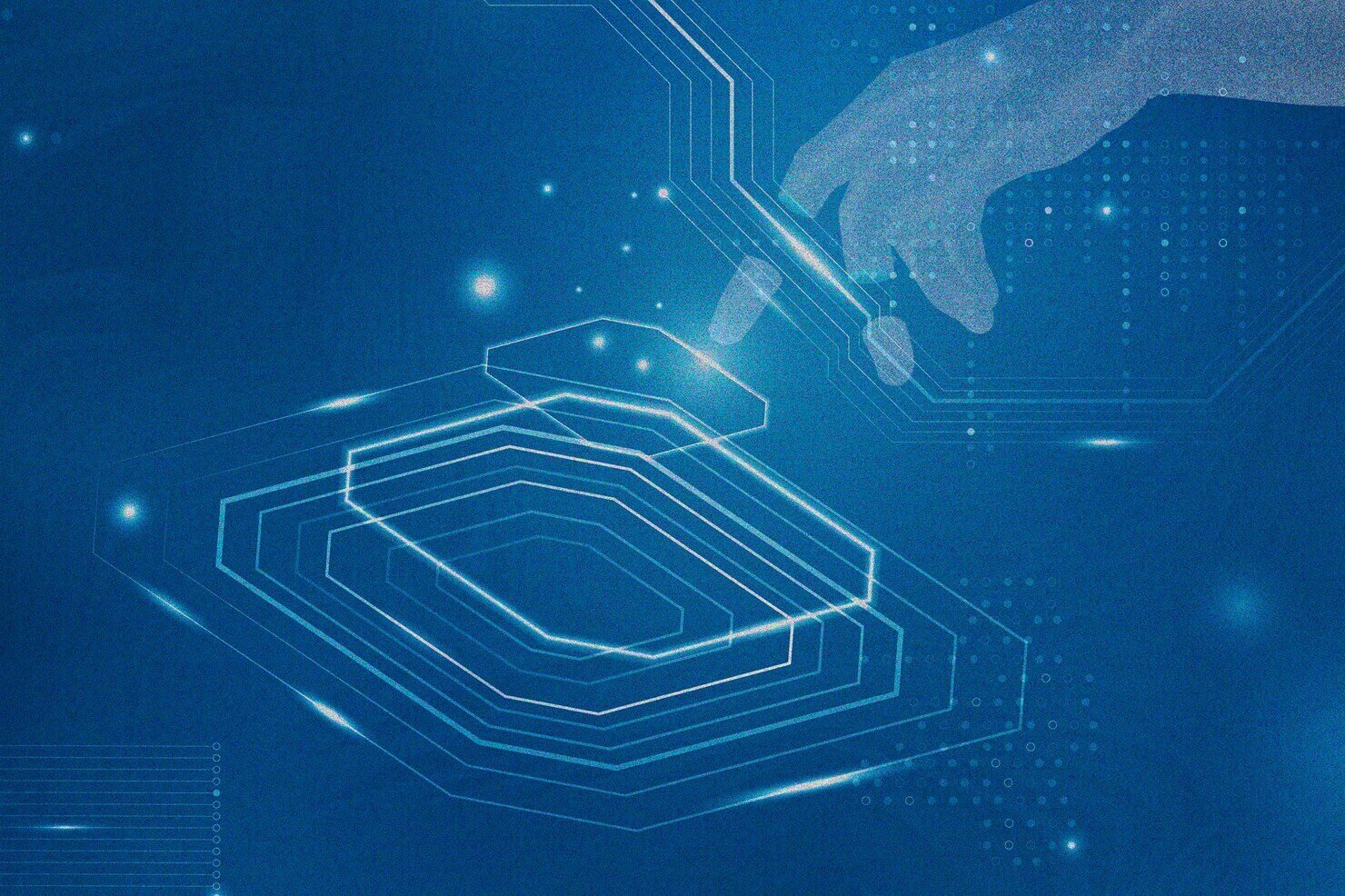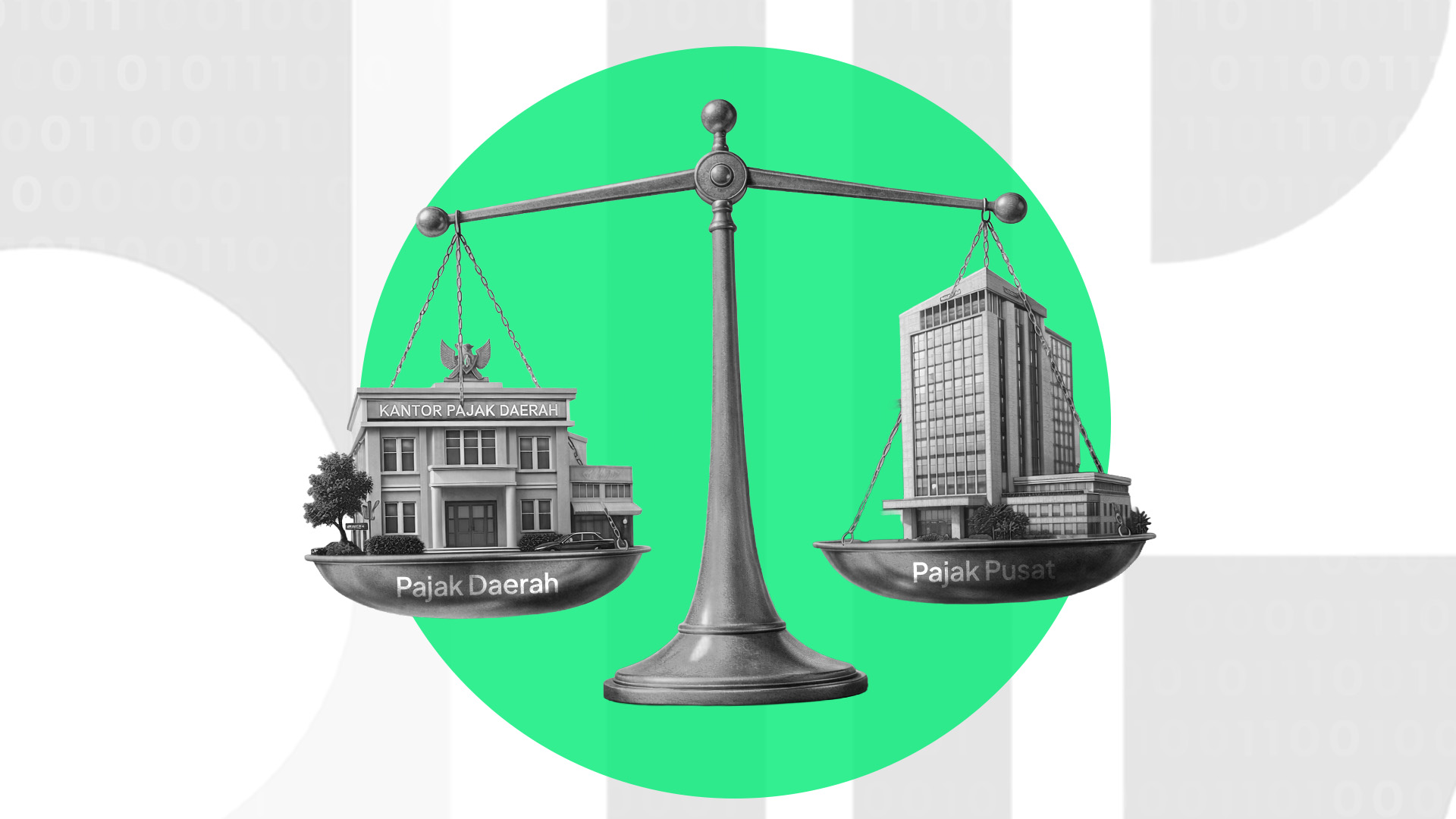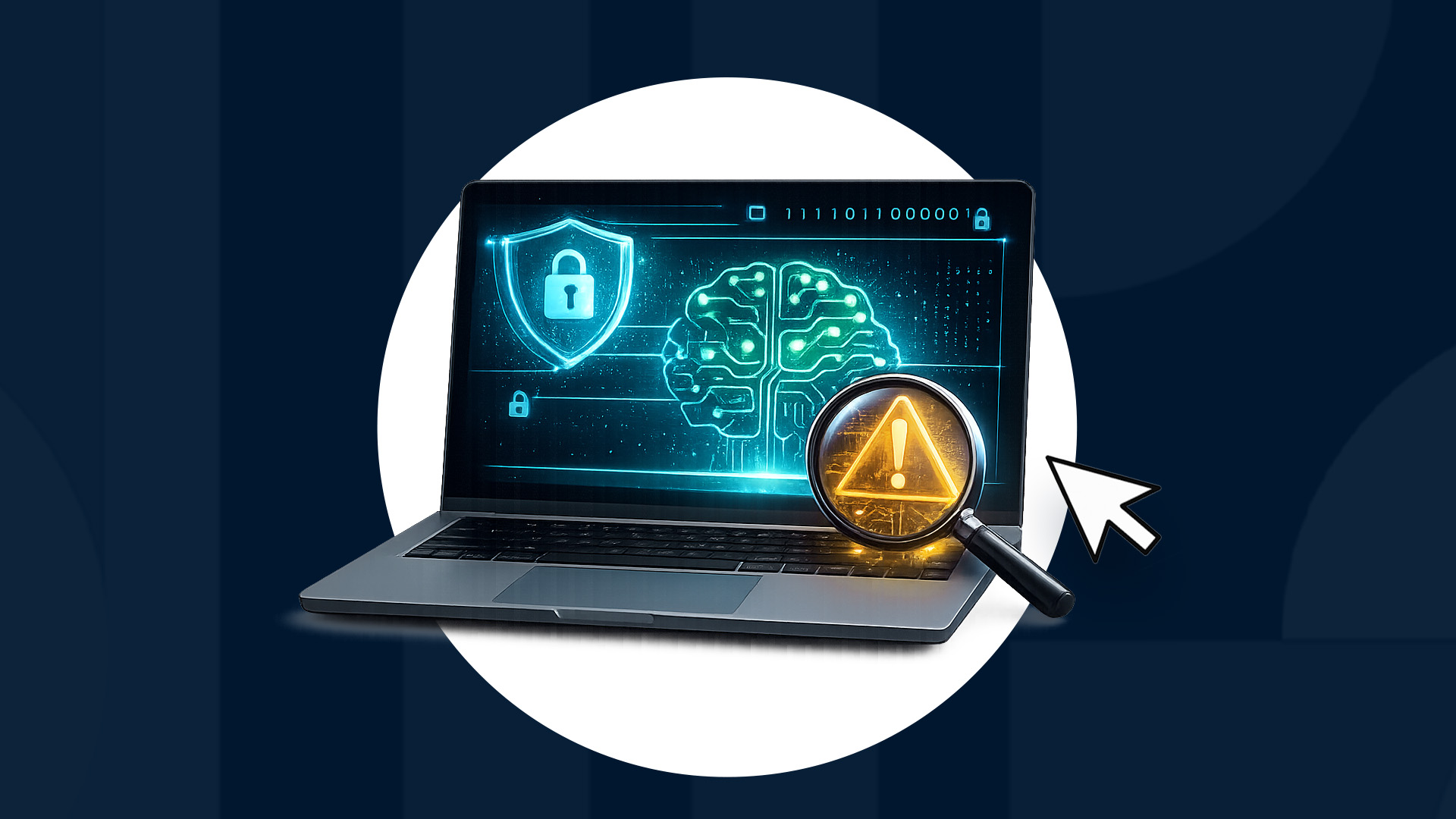Whether we realize it or not, we are all daily users of various types of information technology. One of the most common examples is mobile banking applications. What other examples of information technology are part of your daily routine? Let's find out!
Overview of Information Technology
Information technology refers to the use of computer systems, software, networks, hardware, and other infrastructures to manage information and facilitate communication.
Given today’s global landscape, it is almost impossible not to use information technology. It is integrated into various aspects of life, including data collection, storage, processing, and distribution across multiple industries and daily activities.
10 Examples of Information Technology Across Industries
1. E-Commerce
Online stores and e-commerce platforms use information technology to manage transactions, inventory, and customer service. These platforms not only facilitate shopping but also integrate digital payment methods and real-time order tracking, making shopping more convenient for consumers.
2. Social Media
One of the most frequently used information technology platforms is social media. In today's world, we rely heavily on communication apps like WhatsApp and Instagram.
Impact: Social media eliminates distance barriers, allowing people to interact, share information, and even market products efficiently.
3. Streaming Platforms
Information technology has transformed the entertainment industry through streaming services. These platforms allow users to watch movies, listen to music, and access video content on demand.
Impact: Content distribution is now faster, more flexible, and accessible worldwide.
4. Management Information Systems (MIS)
MIS is business software used to manage operations, inventory, and financial reports. Example: Retail companies use MIS to track stock levels and sales data in real time.
5. Telemedicine
Telemedicine became widely used during the COVID-19 pandemic. It allows patients to consult doctors remotely via video calls or mobile applications.
6. E-Learning
E-learning platforms enable online education, allowing students and teachers to conduct lessons without physical presence in classrooms. Students can access learning materials anytime, anywhere. Also, teachers can conduct virtual classes efficiently
7. Mobile Banking
Banks leverage information technology through mobile banking, allowing users to manage their finances digitally. Reduces reliance on physical bank branches and enhances financial security and convenience for customers
8. Network Security Systems for Businesses
With increasing cyber threats, businesses rely on network security systems to protect their data. Examples: Firewalls, data encryption, antivirus software. These technologies prevent unauthorized access and cyberattacks.
9. Artificial Intelligence (AI)
Companies use AI-powered chatbots and virtual assistants to interact with customers automatically.
10. Blockchain
Blockchain technology enables secure data storage and transaction processing using a decentralized network. Impact: Financial institutions use blockchain for secure transactions and prevents data fraud and ensures transparency
The Role of Information Technology in Business
Here are some key benefits of information technology in business operations:
1. Business Process Automation
Speeds up operations like payment processing, inventory management, and financial reporting.
2. Data and Information Efficiency
Allows businesses to store, manage, and access data easily, improving decision-making.
3. Improved Communication
Facilitates collaboration and communication via emails, video conferences, and team collaboration platforms.
4. Learning & Development
Supports e-learning and digital upskilling for employees and students.
5. Digital Security
Enhances business data protection through:
- Encryption
- Network security systems
- Threat detection software
The role of information technology in various industries is becoming increasingly important in the digital era. From banking and entertainment to cybersecurity, IT enhances efficiency and productivity.
Companies like VIDA leverage information technology to enhance identity security, providing solutions for verification, authentication, fraud detection, and digital signatures. With IT-driven security solutions, financial service providers can ensure safer and more convenient transactions.

.png)

.jpeg)
